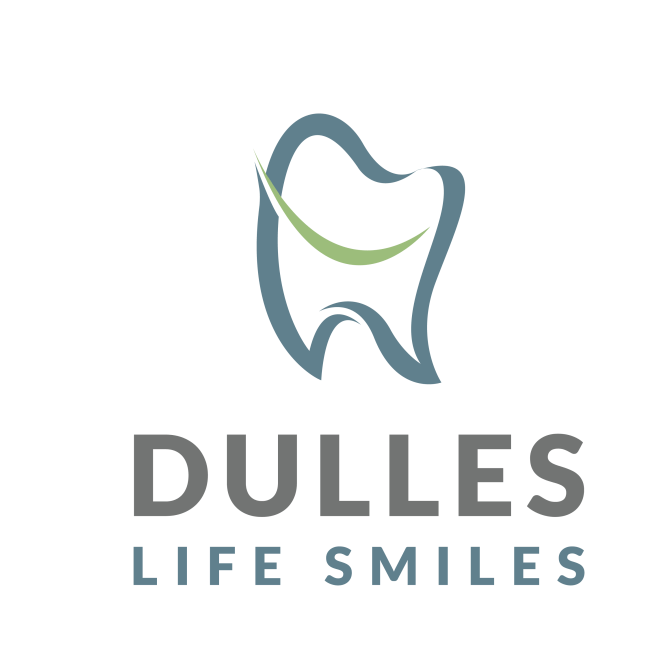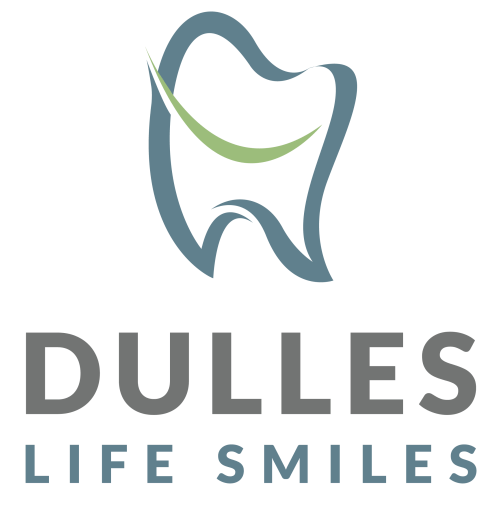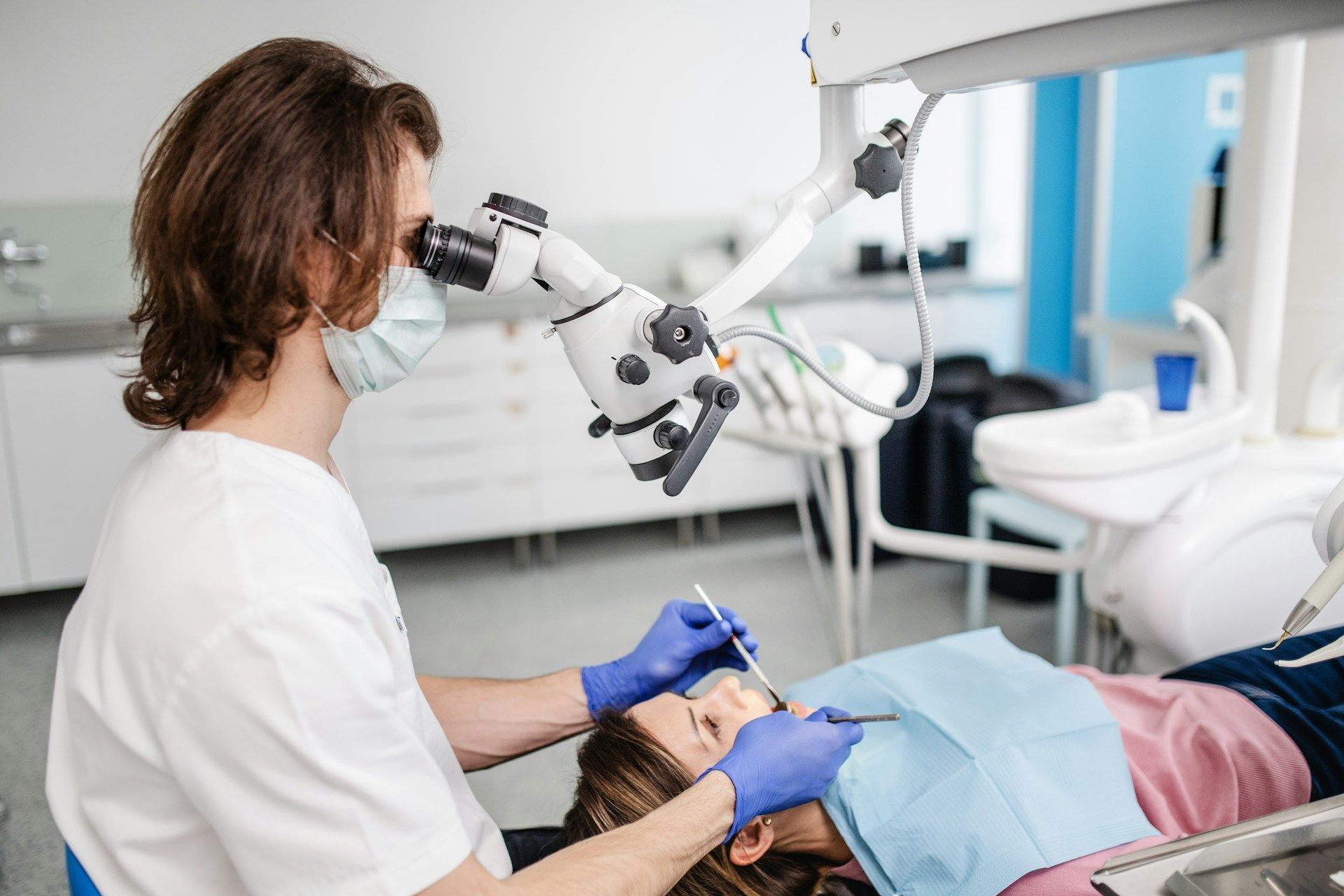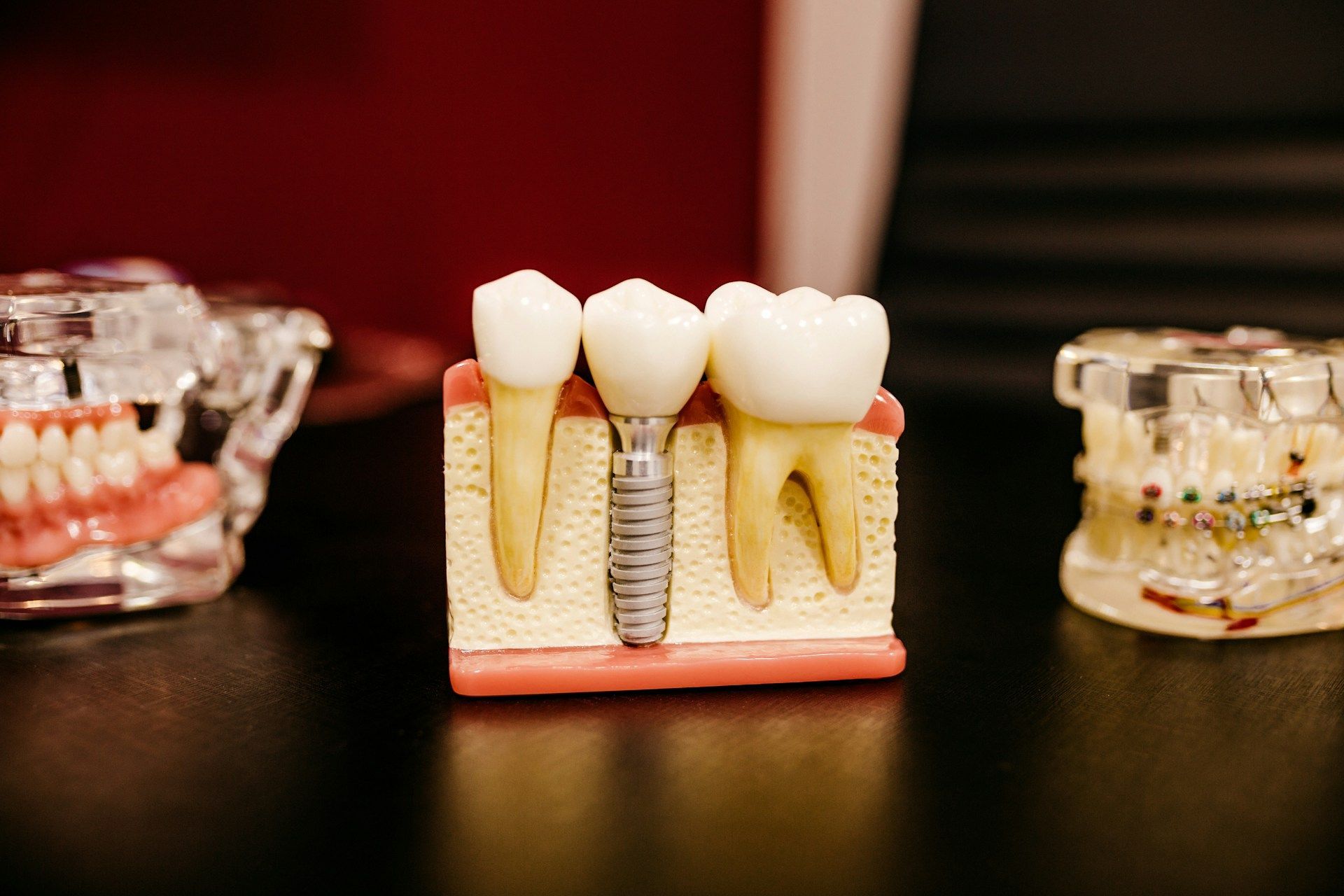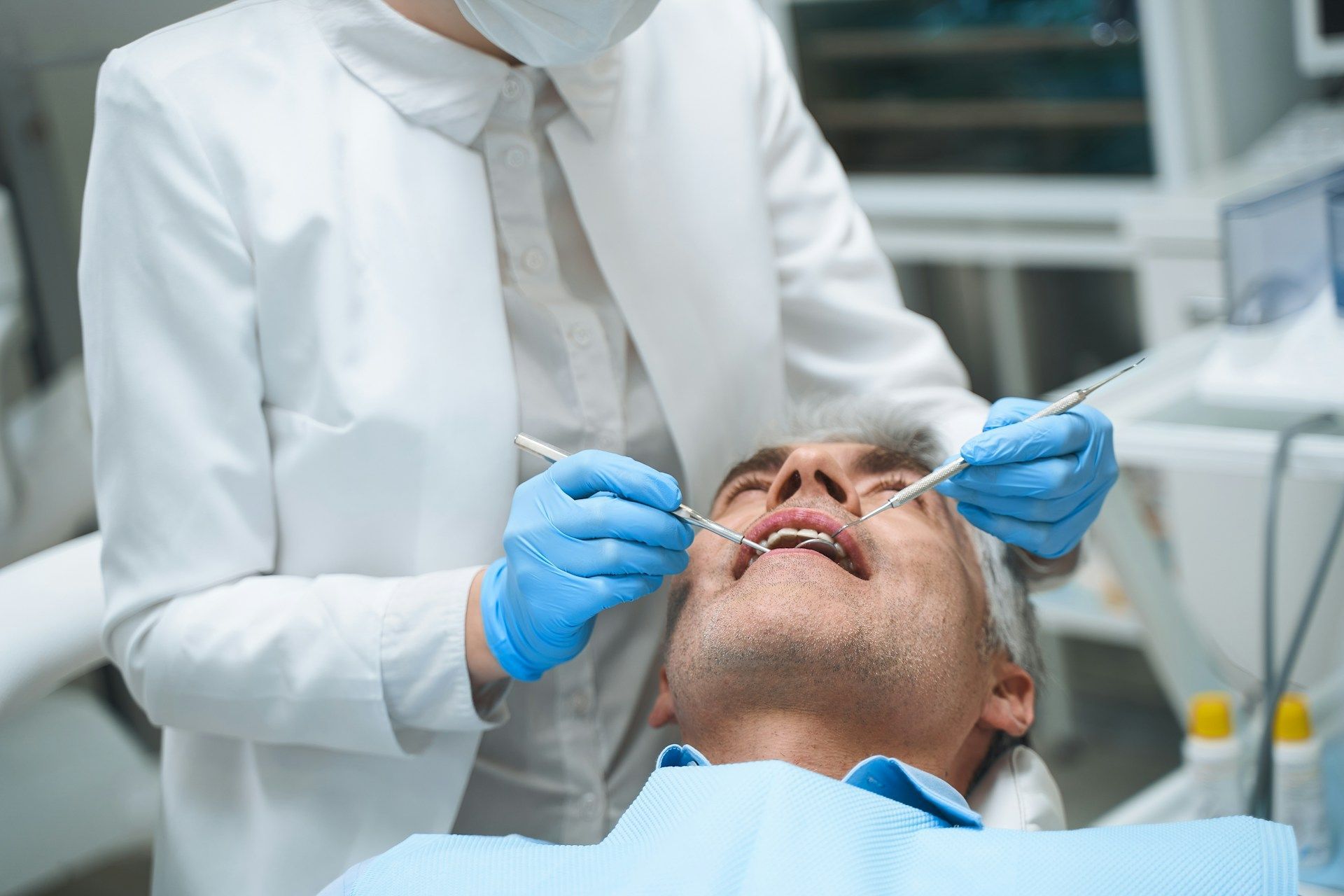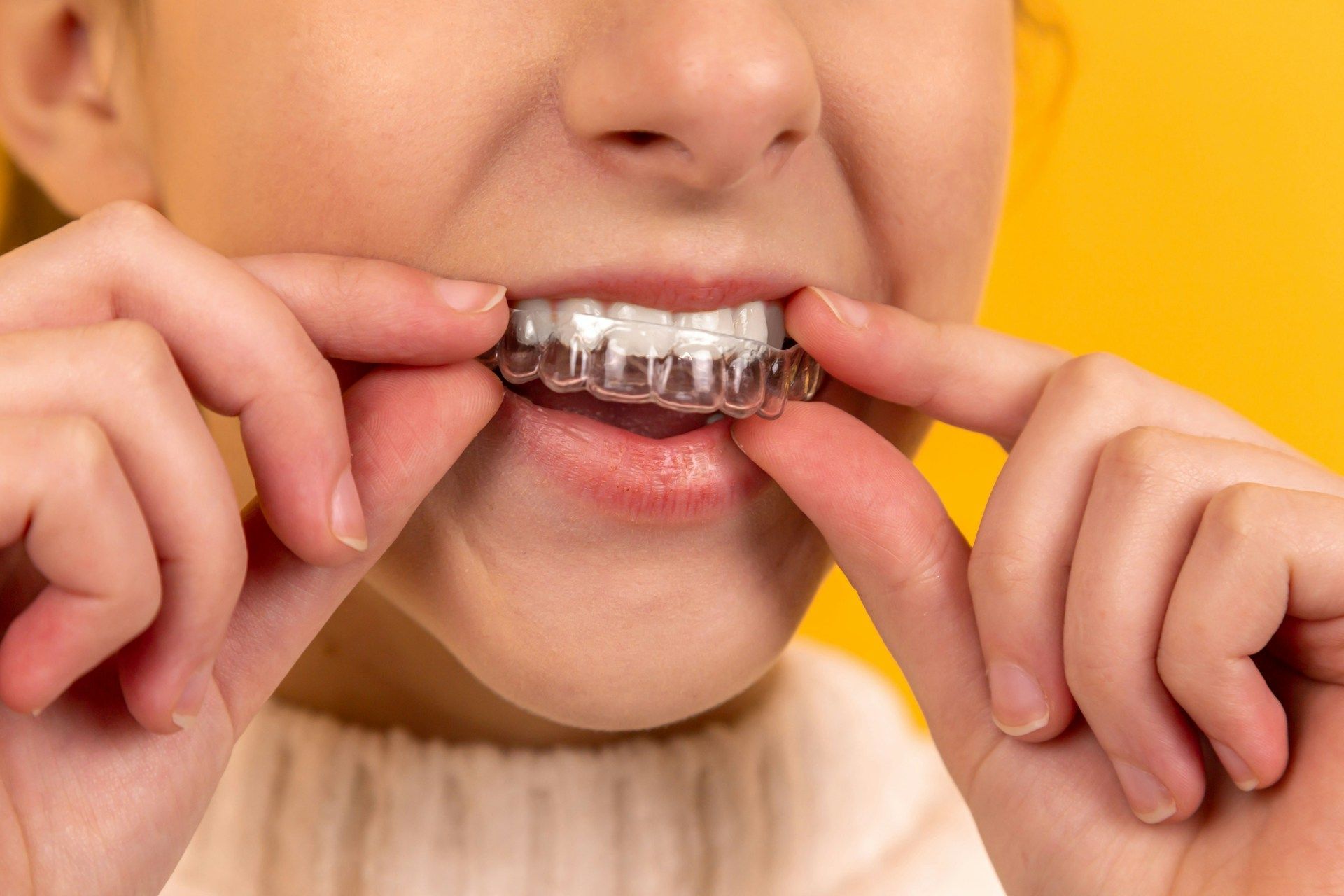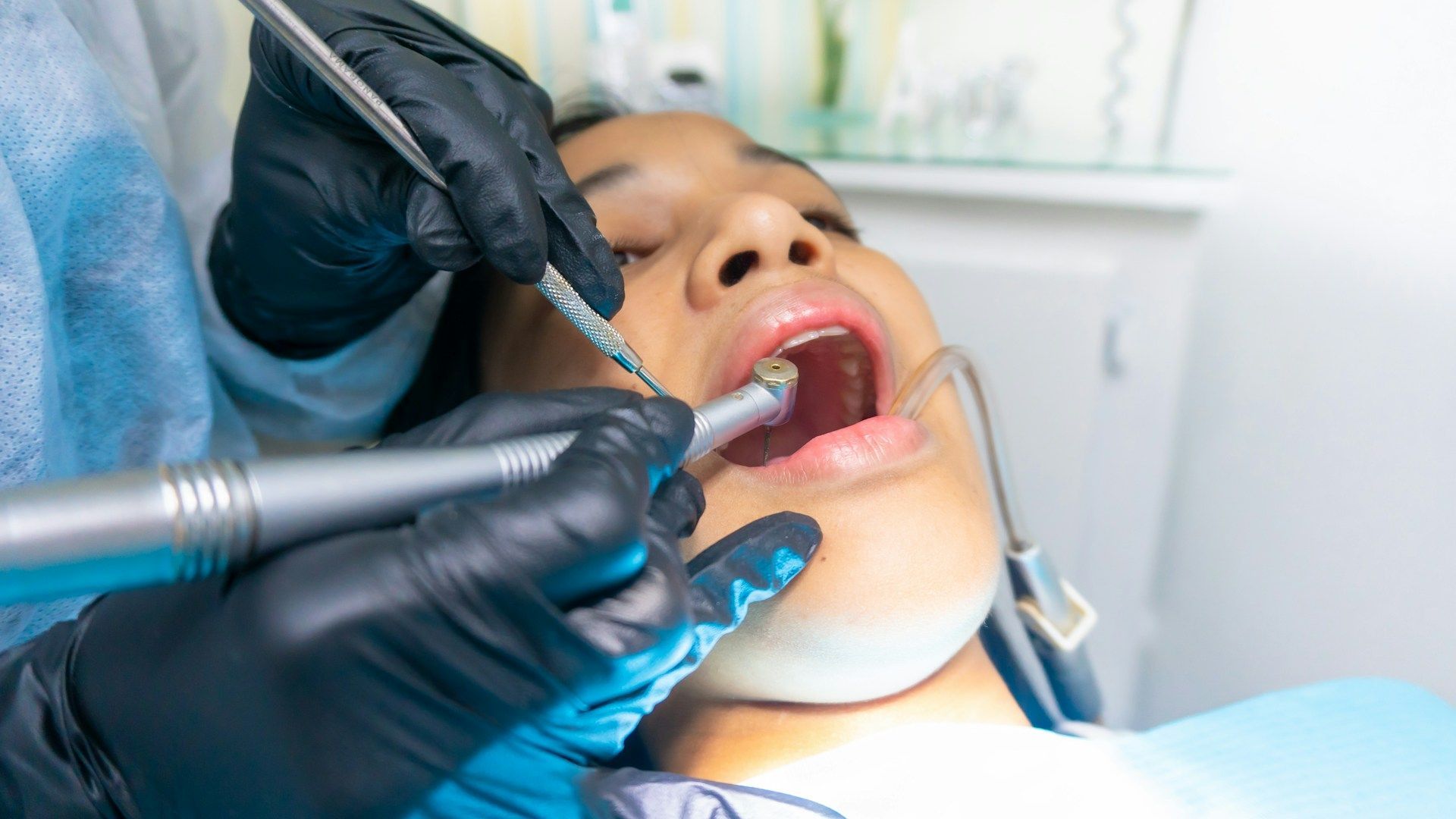Dr. Gino Habla Español
Best Ways to Keep Your Teeth Healthy at Any Age
Healthy teeth are crucial for overall well-being, and taking care of them should be a priority at every stage of life. Our teeth help us eat, speak clearly, and feel confident when we smile. Keeping them in good shape requires consistent care and attention, no matter how old you are. By following effective dental practices, you can maintain strong, healthy teeth from childhood through to your senior years.
Starting with a solid foundation in dental hygiene is key. This includes brushing and flossing daily, eating a balanced diet, and seeing a dentist regularly. Each stage of life comes with its own set of dental challenges and needs.
Children need to develop good habits early on, while adults must focus on preventing gum disease and tooth decay. Seniors face unique issues like maintaining dentures and ensuring their gums remain healthy.
So, we’ll guide you through the best ways to keep your teeth healthy at any age. From establishing good dental habits in children to preserving your smile as a senior, we will cover everything you need to know for lifelong oral health.
Let's dive into the essential tips and practices that will help you achieve and maintain a bright, healthy smile through the years!
Understanding the Basics of Dental Hygiene
Brushing and flossing are the cornerstones of good dental hygiene. Brushing your teeth at least twice a day with fluoride toothpaste helps remove plaque—a sticky film of bacteria—that can lead to cavities and gum disease. Use a soft-bristled toothbrush, and make sure to replace it every three to four months or sooner if the bristles are frayed. Brush for at least two minutes, covering all surfaces of your teeth, and don't forget your tongue, as it can also harbor bacteria.
Flossing daily is equally important. Dental floss helps clean between the teeth and under the gumline, which a toothbrush can't reach. Use about 18 inches of floss, winding it around your fingers and gently sliding it between each tooth. Curve the floss into a "C" shape against the side of each tooth, moving it up and down. This helps remove plaque and food particles, preventing gum disease and maintaining healthy gums.
The Role of a Balanced Diet in Oral Health
A balanced diet is vital for maintaining strong, healthy teeth. Foods rich in vitamins and minerals, like fruits, vegetables, lean proteins, and dairy products, support dental health and help protect against tooth decay. Calcium and vitamin D are particularly important for strong teeth and bones. Foods high in sugar and starch, like candies and chips, should be limited, as they can contribute to plaque buildup and cavities.
Drinking plenty of water throughout the day helps rinse away food particles and bacteria, keeping your mouth clean. Avoiding sugary drinks like soda and juice can also reduce the risk of tooth decay. Chewing sugar-free gum after meals can stimulate saliva production, which helps neutralize acids and protect your teeth.
The Importance of Regular Dental Checkups
Regular dental checkups are crucial for maintaining optimal oral health. Visiting your dentist at least twice a year allows for professional cleanings that remove plaque and tartar buildup that brushing and flossing can't eliminate. During these visits, your dentist can also check for signs of cavities, gum disease, and other oral health issues.
Early detection of dental problems can prevent them from becoming more serious and expensive to treat. Your dentist can also provide personalized advice on improving your dental hygiene routine and recommend treatments like fluoride varnishes or sealants to protect your teeth. Making regular dental visits a priority ensures that small issues are addressed before they develop into bigger problems.
Dental Care Tips for Children
Helping children develop good dental habits early sets the foundation for a lifetime of healthy teeth. Start brushing your child's teeth as soon as they appear, using a small, soft-bristled toothbrush and a tiny smear of fluoride toothpaste.
Gradually increase the amount to a pea-sized drop once they are old enough to spit it out. Encourage your child to brush twice a day and make it a fun activity with a favorite song or a special toothbrush.
Teaching your child to floss once they have two teeth that touch is also important. Show them how to use a gentle sawing motion to clean between their teeth. Supervise their brushing and flossing until they are old enough to do it properly on their own, usually around age 7 or 8.
Choosing the Right Toothbrush and Toothpaste
Choosing the right toothbrush and toothpaste for your child is essential. Use a toothbrush with soft bristles and a small head that's designed for children. This makes it easier to reach all areas of their mouth and is gentle on their gums. Change the toothbrush every three to four months or sooner if the bristles become worn.
Select a fluoride toothpaste appropriate for your child’s age. Fluoride helps strengthen tooth enamel and prevent cavities. Many children’s toothpastes come in fun flavors and colors that make brushing more enjoyable. Always check the packaging to ensure it meets age recommendations and contains the right amount of fluoride for your child’s dental needs.
How to Handle Teething and Early Dental Visits
Teething can be a challenging time for both children and parents. When your baby is teething, they may experience discomfort and irritability. Offer them a teething ring or a clean, wet washcloth to chew on to soothe their gums. Avoid teething biscuits or frozen items that could damage their gums or new teeth.
Schedule your child’s first dental visit by their first birthday or within six months of their first tooth appearing. Early dental visits help familiarize your child with the dental office and allow the dentist to monitor the development of their teeth. These visits also provide an opportunity for you to ask questions and get advice on caring for your child’s teeth as they grow.
By establishing good habits early, choosing the right tools, and handling teething effectively, you can set your child on the path to a lifetime of healthy smiles.
Preventing Gum Disease and Tooth Decay
Preventing gum disease and tooth decay is essential for maintaining healthy teeth in adulthood. Brush your teeth twice a day with fluoride toothpaste and use floss daily to remove plaque between teeth and under the gumline. Also, consider using an antimicrobial mouthwash to help reduce bacteria and keep your breath fresh.
Regular dental checkups play a crucial role in preventing gum disease and tooth decay. During these visits, your dentist can identify early signs of problems and suggest preventive measures. If you notice symptoms like bleeding gums, persistent bad breath, or tooth sensitivity, seek dental advice immediately to address these issues before they become more severe.
The Impact of Lifestyle Choices on Oral Health
Your lifestyle choices significantly affect your oral health. Smoking and using tobacco products increase the risk of gum disease and oral cancer. Quitting these habits can drastically improve your dental health and overall well-being. Limiting your intake of sugary and acidic foods and drinks can also prevent tooth decay and enamel erosion.
Staying hydrated by drinking plenty of water helps maintain saliva production, which naturally cleanses the mouth. Managing stress through relaxation techniques, exercise, and sufficient sleep also promotes better oral health, as stress can contribute to habits like teeth grinding and jaw clenching.
Cosmetic Dentistry Options for Adults
Cosmetic dentistry offers various options to enhance the appearance of your smile. Teeth whitening procedures can brighten your smile by several shades, while veneers /crowns cover discolored or chipped teeth, giving you a flawless look. Dental bonding is another method to repair minor imperfections such as gaps or cracks.
For those with missing teeth, dental implants provide a permanent solution that looks and functions like natural teeth. Consult with your dentist to explore the best cosmetic options for your needs and desires, ensuring that you achieve a confident, beautiful smile.
Senior Dental Care: Preserving Your Smile
Older adults often face unique dental issues, including dry mouth, root decay, and gum disease. Dry mouth can result from medications or medical conditions, reducing saliva that helps protect teeth from decay. Root decay occurs as gums recede, exposing the roots of teeth to plaque. Additionally, seniors are more susceptible to gum disease, which can lead to tooth loss.
Regular dental checkups are essential for identifying and managing these issues. Your dentist can provide treatments and recommendations to address these concerns, ensuring your oral health remains optimal as you age.
Tips for Denture Care and Use
For seniors with dentures, proper care and use are crucial for comfort and oral health. Clean your dentures daily using a soft-bristled brush and denture cleaner to remove food particles and plaque. Avoid using regular toothpaste, as it can be too abrasive. Soak your dentures overnight in a denture solution to keep them moist and maintain their shape.
Handle your dentures carefully to prevent damage. If they break or no longer fit properly, see your dentist for adjustments. Regular dental visits are still necessary, even with dentures, to ensure the health of your gums and remaining natural teeth.
How to Ensure Strong and Healthy Gums
Ensuring strong and healthy gums in your senior years involves maintaining a good oral hygiene routine. Brush your teeth twice a day with fluoride toothpaste, and floss daily to remove plaque and food particles. Use an antibacterial mouthwash to help reduce gum inflammation and prevent infections.
Stay hydrated to combat dry mouth, and consider chewing sugar-free gum to stimulate saliva production. Regular dental checkups are key to monitoring gum health and catching any issues early. Your dentist may recommend specific treatments, like deep cleaning, to address gum disease and keep your gums strong and healthy.
Maintain Healthy Teeth at Any Age
Understanding and maintaining good dental hygiene at every age is vital for lifelong oral health. Each stage of life, from childhood to the senior years, comes with unique challenges and needs. Establishing good habits early, staying aware of the impact of lifestyle choices, and seeking appropriate treatments can all contribute to a healthy, confident smile.
By following the tips and practices outlined in this article, you can ensure strong teeth and healthy gums throughout your life. Don't forget the importance of regular dental checkups to catch any issues early and keep your oral health on track.
At Dulles Life Smiles, we are dedicated to helping you achieve and maintain the best dental health possible. Schedule your appointment today and take the crucial steps to ensure your smile stays bright at every age with our
dental care services in Ashburn!



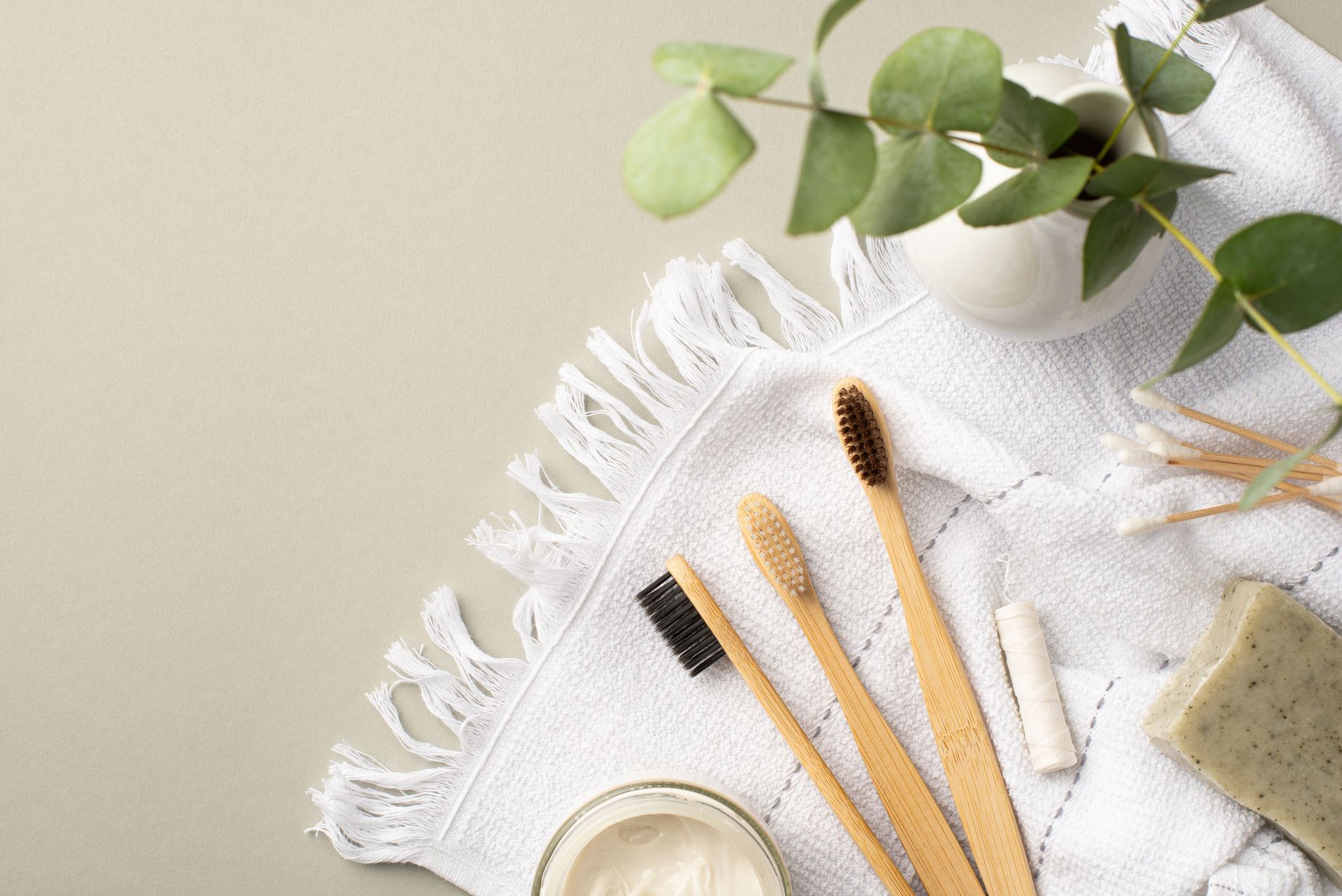
CONTACT
CONTACT US TO SCHEDULE YOUR APPOINTMENT TODAY!
Business Hours
- Mon, Tue, Thu
- -
- Wednesday
- -
- Friday
- -
- Sat - Sun
- Closed
DR. GINO HABLA ESPAÑOL
CONTACT
CONTACT US TO SCHEDULE YOUR APPOINTMENT TODAY!
22420 Flagstaff Plz # 150 Ashburn, VA 20148
Thanks for choosing us as your preferred dentist in Ashburn, VA
Follow Us On Social Media
All Rights Reserved
Dentist Websites by Energize Group
